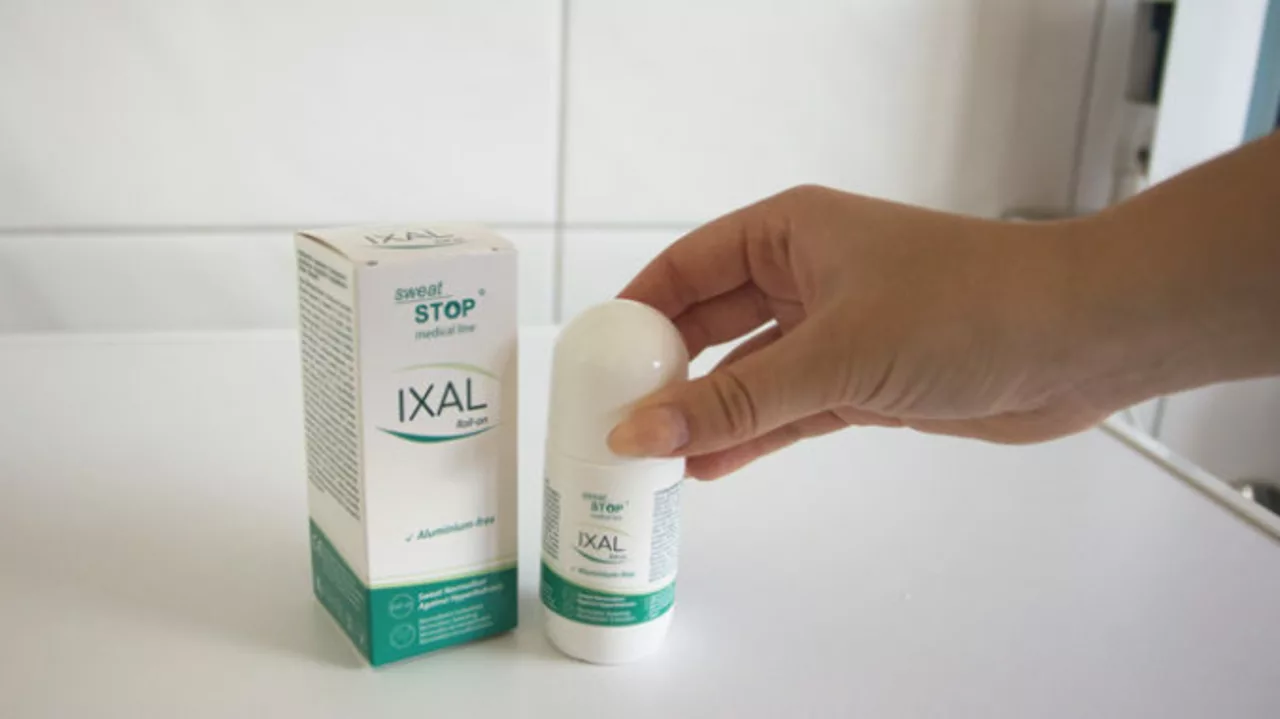Ever feel like you’re dripping before the day even starts? It’s annoying, but fixing it can be simple. A few everyday habits make a big difference, and you don’t need pricey gadgets or endless doctor visits right away.
First, watch what you wear. Light fabrics like cotton, linen, or moisture‑wicking blends let skin breathe. Dark colors trap heat, so swap them for lighter shades on hot days. Next, keep your environment cool – use a fan, open windows, and set the AC a few degrees lower if you can.
Foods matter too. Spicy meals, caffeine, and alcohol all boost sweat glands. Cutting back on those, especially in the evening, often reduces nighttime sweats. Staying hydrated with water helps your body regulate temperature more efficiently than sugary drinks.
If you need an extra edge, try an antiperspirant on more than just underarms. Applying a clinical‑strength stick to sweaty spots like feet or chest before bed gives it time to block ducts overnight. Reapply in the morning for all‑day protection.
Sometimes home tricks aren’t enough, especially if sweat interferes with work or social life. That’s when a doctor can check for hyperhidrosis – a condition where glands overproduce sweat. Treatments range from prescription antiperspirants to oral meds and even light therapy.
Don’t ignore signs like night sweats that soak your sheets, or constant dampness on palms and soles. A quick appointment can rule out underlying issues such as thyroid problems or infections. Early intervention often means fewer side effects later.
Remember, sweat is a natural cooling system; the goal isn’t to stop it completely but to manage it so you feel comfortable. Try these tips, track what works for you, and don’t hesitate to ask a healthcare professional if the problem sticks around.
